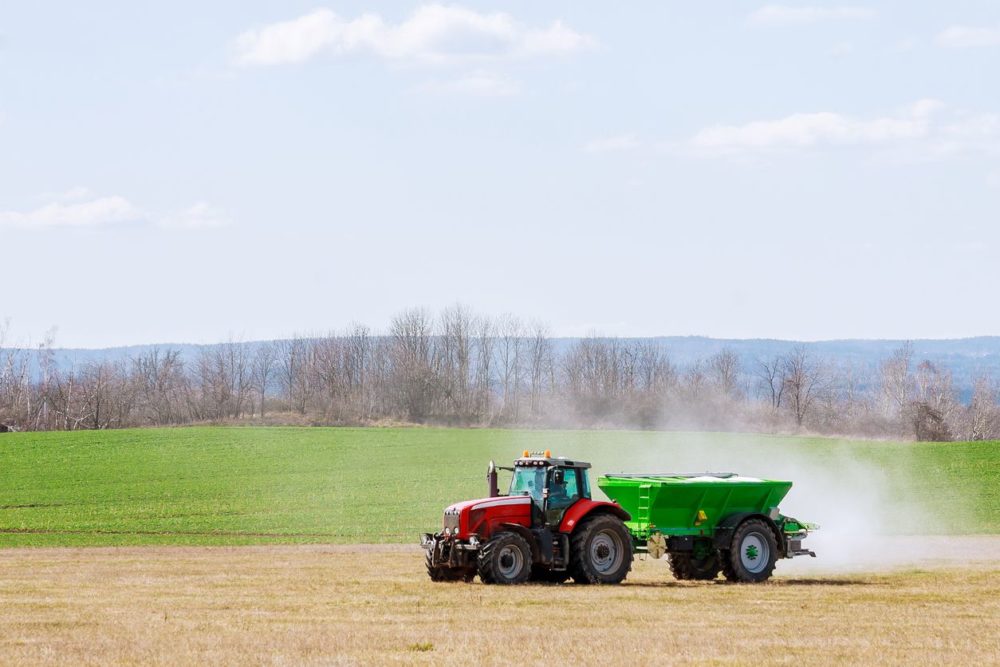- Key commodity growing markets in the Americas, particularly Brazil and the US, can expect a “healthier supply” of fertilizers than last year, according to the latest Rabobank North American Agribusiness Review.
- Growers may also see “further downward price pressure” on phosphates and potash, as the market adjusts to the Russia-Ukraine conflict; Russian potash and phosphate are “flowing out more fluidly” and domestic intermediaries are “comfortable enough” on supply.
- News is a little less optimistic for nitrogen, with base case forecasts predicting a 20% to 30% price increase at the wholesale level between now and the end of the year.
- A “potentially double-digit percentage increase” is expected for seed pricing heading into 2023.
Why it matters:
Globally, input prices for ag commodities soared to all-time highs this year as supply chain chaos brought about by war, the pandemic and climate change proliferated.
According to a recent survey from Purdue University’s Center for Commercial Agriculture, high input costs remain a top concern for farmers heading into the next year, with 44% of US farmers citing those costs as their biggest concern.
Rabobank says year-over-year potash prices are currently “an indicative 30% higher at the wholesale level today, while phosphates are 20%-25% up over the same period.” Fertilizers typically include these inputs.
However, Rabobank’s report notes year-over-year comparisons don’t fully capture the pricing volatility from the last several months: “At the height of the volatility and price surges – post commencement of the war in Ukraine – phosphate prices were ~60% over August 2021 prices, while potash prices got to 80% above.”
One silver lining: supply chain and pricing volatility have created more opportunities for startups with alternatives to synthetic fertilizers to flourish, and for technologies that can help growers reduce the amount of inputs they need overall.
Ag biotech companies, which include those making biological alternatives as well as gene editing startups that can reduce the need for inputs, raised $2.6 billion across 209 deals in 2021 according to AgFunder’s 2022 AgriFoodTech Investment Report. [Disclosure: AFN’s parent company is AgFunder.]
Despite the general tech downturn right now, startups in this space have continued securing deals, including US-based Anuvia Plant Nutrients‘ Series D round, UK ag gene-editing startup Tropic Biosciences‘ $35 million, and a $3.7 million raise for Argentina’s Puna Bio.





